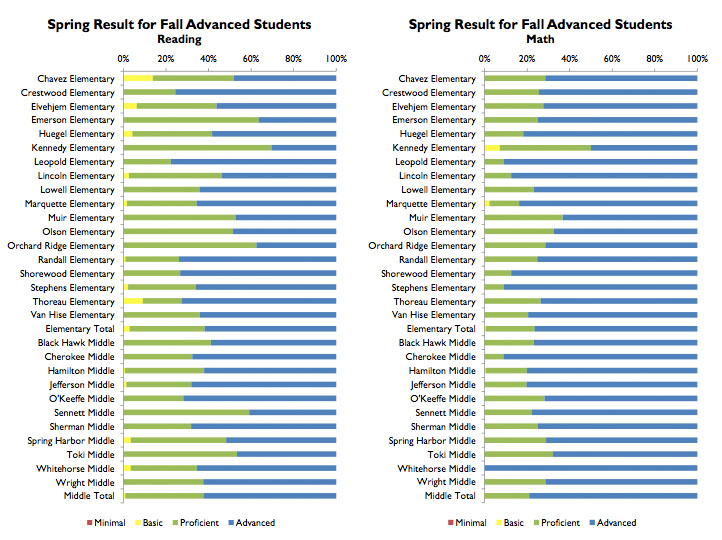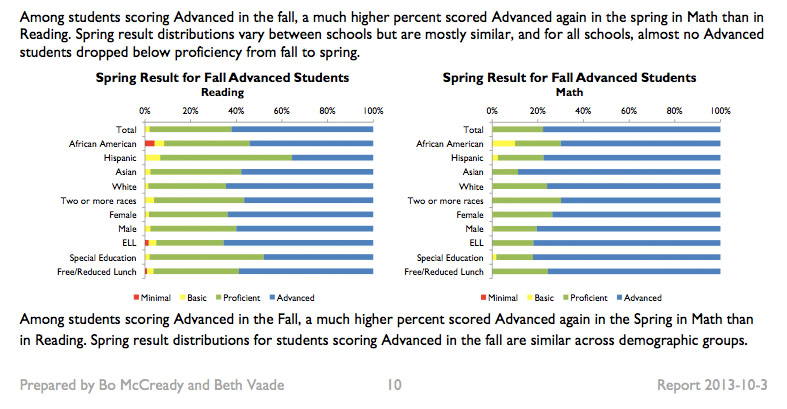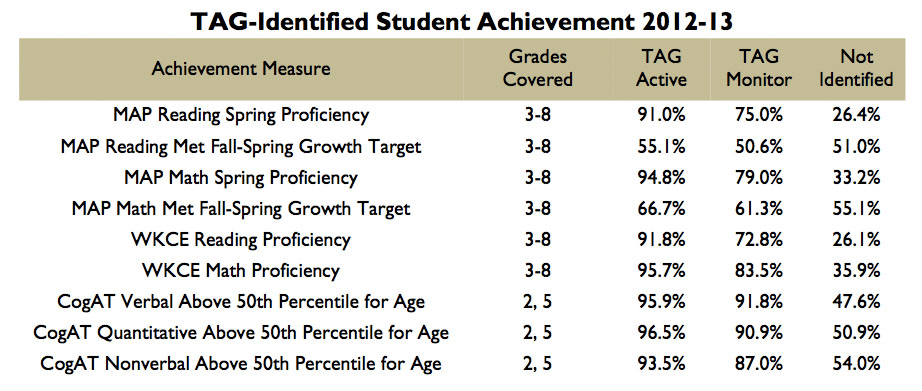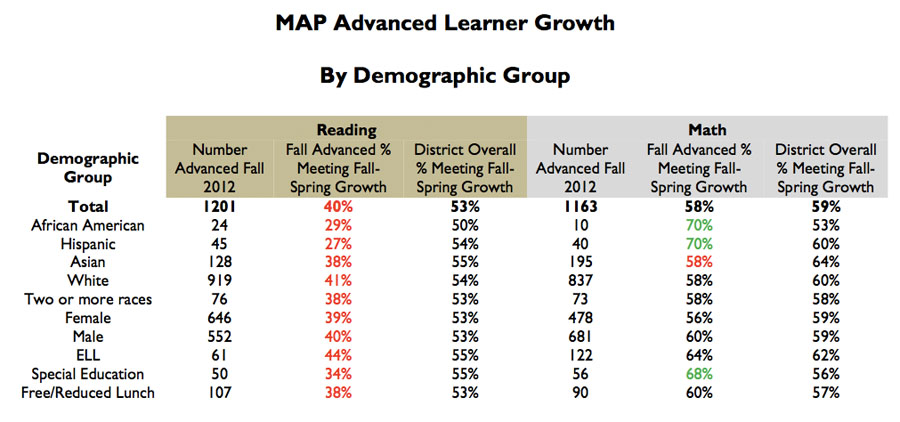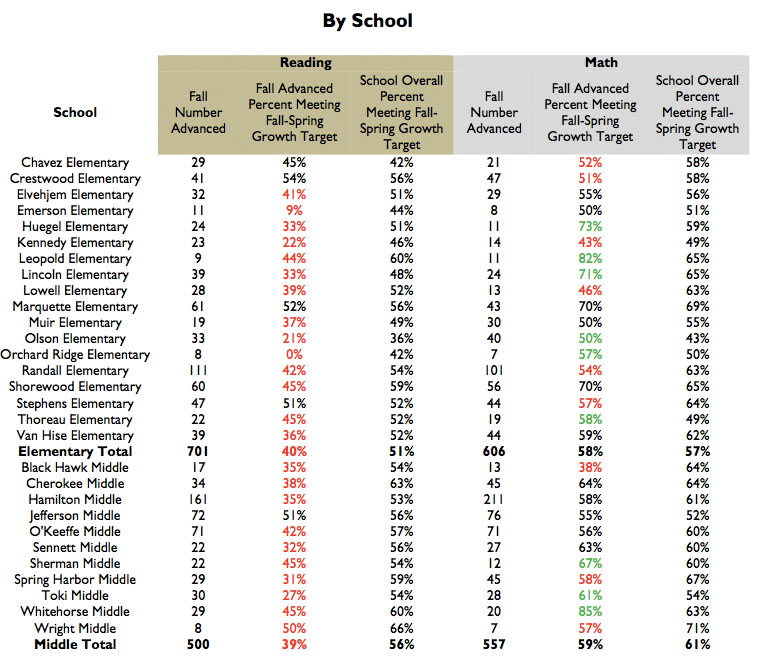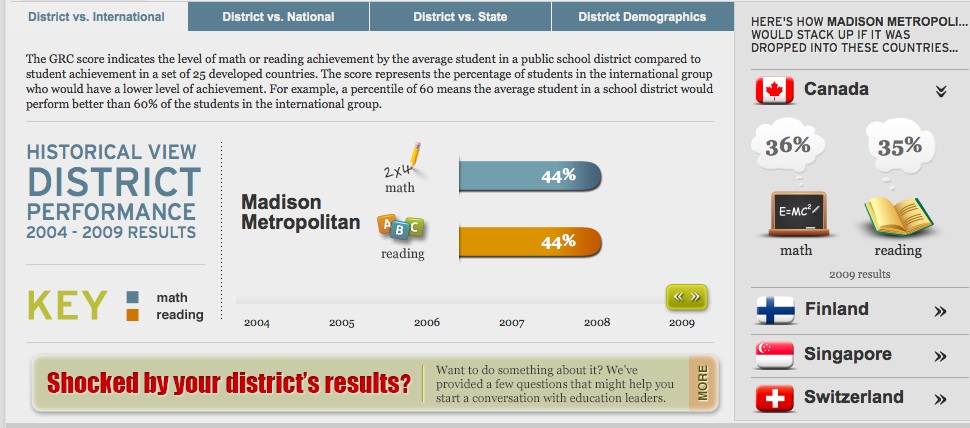Lucy Mathiak, via a kind email:
Dear Friends,
I am writing to thank you for your encouragement and support in my decision to seek election to the MMSD Board of Education in late fall 2005. Your help in getting elected, your support during tough times, and your help in finding solutions to problems, have made a great difference to my service on the board.
I am writing to let you know that I will not seek re-election in 2012. I continue to believe that the Board of Education is one of the most important elected positions for our community and its schools, and encourage others to step forward to serve in this capacity. MMSD is facing significant challenges, and it is more important than ever that thoughtful citizens engage in the work that will be needed to preserve the traditional strengths of our public schools while helping those schools to change in keeping with the times and the families that they serve.
At the same time, I do not view school board service as a career, and believe that turnover in membership is healthy for the organization and for the district. I have been fortunate to have had an opportunity to serve on this board, and to work with many fine community organizations in that capacity. For that I am grateful.
Again, thank you for your interest, support, and collegiality.
Lucy J. Mathiak
716 Orton Ct.
Madison, WI 53703
Madison School Board
Seat #2
I am appreciative of Lucy’s tireless and often thankless work on behalf of our students.
Every organization – public or private, deteriorates. It is often easier to spend more (raise taxes), raise fees on consumers – or a “rate base”, reduce curricular quality and in general go along and get along than to seek substantive improvements. Change is hard.
Citizens who seek facts, ask difficult and uncomfortable questions are essential for strong institutions – public or private. Progress requires conflict.
Yet, very few of us are willing to step into the theatre, spend time, dig deep and raise such questions. I am thankful for those, like Lucy, who do.
Her years of activism and governance have touched numerous issues, from the lack of Superintendent oversight (related: Ruth Robarts) (that’s what a board does), the District’s $372M+ budget priorities and transparency to substantive questions about Math, reading and the endless battle for increased rigor in the Madison Schools.
In closing, I had an opportunity to hear Peter Schneider speak during a recent Madison visit. Schneider discussed cultural differences and similarities between America and Germany. He specifically discussed the recent financial crisis. I paraphrase: “If I do not understand a financial vehicle, I buy it”. “I create a financial product that no one, including me, understands, I sell it”. This is “collective ignorance”.
Schneider’s talk reminded me of a wonderful Madison teacher’s comments some years ago: “if we are doing such a great job, why do so few people vote and/or understand civic and business issues”?
What, then, is the payoff of increased rigor and the pursuit of high standards throughout an organization? Opportunity.
I recently met a technical professional who works throughout the United States from a suburban Madison home. This person is the product of a very poor single parent household. Yet, high parental standards and rigorous academic opportunities at a somewhat rural Wisconsin high school and UW-Madison led to an advanced degree and professional opportunities.
It also led to a successful citizen and taxpayer. The alternative, as discussed in my recent conversation with Madison Mayor Paul Soglin is growth in those who don’t contribute, but rather increase costs on society.
Lucy will be missed.
